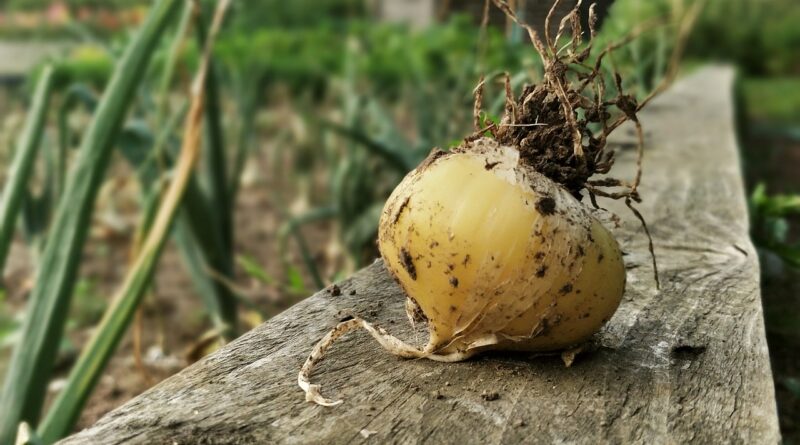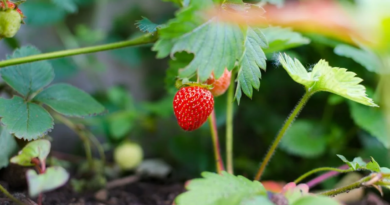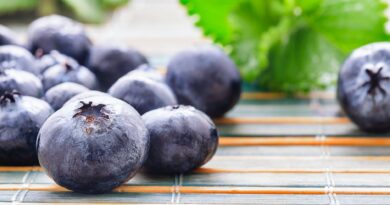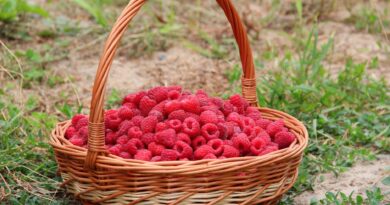Winter Harvest Brilliance: A Guide to Planting in January for a Flourishing Allotment
As the winter winds whisper through our allotments, there’s no need to let the cold months put a freeze on our gardening endeavors. January is a treasure trove of opportunities for cultivating resilient crops that not only withstand the winter chill but thrive in it. In this detailed guide, we’ll uncover the top winter-friendly crops deserving of a place in your January allotment. Delve into the benefits of these robust vegetables and gain practical insights to ensure a successful cultivation season that defies the winter blues.
1. Hardy Leafy Greens: Kale, Spinach, and Swiss Chard
Benefits:
- Exceptionally cold-hardy, able to endure frost and winter conditions.
- Rich in essential vitamins and minerals, providing a nutritional boost.
- Offers a continuous harvest throughout the winter months.
Practical Tips:
- Choose a well-draining soil with a good balance of nutrients.
- Apply a layer of mulch to insulate the plants and conserve moisture.
- Harvest the outer leaves regularly to encourage continuous growth.
2. Nutrient-Packed Broccoli and Cauliflower
Benefits:
- Abundant in antioxidants and essential vitamins for a healthful diet.
- Thrives in cooler temperatures, producing flavorful and tender heads.
- A delightful addition to winter meals, bringing variety to your plate.
Practical Tips:
- Kickstart your winter garden by starting seeds indoors for early planting.
- Transplant seedlings into well-prepared garden beds with rich soil.
- Shield young plants from extreme cold using row covers or cloths.
3. Winter Wonder Root Vegetables: Carrots and Beets
Benefits:
- Boast sweet and earthy flavors, enhanced by exposure to cold weather.
- Suitable for overwintering directly in the ground, offering convenience.
- A versatile choice for a variety of culinary dishes.
Practical Tips:
- Plant in well-prepared, loose soil, ensuring proper drainage.
- Apply a layer of mulch to protect the roots from freezing temperatures.
- Adopt a harvest-as-needed approach, leaving the remaining roots in the ground.

4. Cold-Resistant Brussels Sprouts
Benefits:
- Compact, nutrient-dense sprouts that benefit from frost exposure.
- Features an extended harvest window, providing a sustained yield.
- Adds a rich, cruciferous flavor to winter dishes.
Practical Tips:
- Initiate the Brussels sprouts journey by starting seeds indoors during early autumn.
- Transplant young sprouts into your garden, ensuring proper spacing for optimal growth.
- Adopt a bottom-up harvesting technique to encourage continual growth of upper sprouts.
5. Winter Herbs: Parsley, Chives, and Cilantro
Benefits:
- Infuse winter dishes with fresh, aromatic flavors.
- Well-suited for indoor cultivation on windowsills or in containers.
- Offers a renewable source of culinary inspiration.
Practical Tips:
- Sow herb seeds in well-draining soil or containers.
- Position pots strategically on sunny windowsills for optimal sunlight.
- Harvest leaves regularly to stimulate ongoing growth and flavor.
6. Perennial Onions: Shallots and Garlic
Benefits:
- Robust, disease-resistant varieties with a hardy nature.
- Yield savory, aromatic bulbs that enhance a multitude of dishes.
- Overwinter in the ground, simplifying care and maintenance.
Practical Tips:
- Plant individual cloves or bulbs in well-draining soil.
- Provide a protective layer of mulch to shield from freezing temperatures.
- Harvest when the foliage displays signs of turning yellow or brown.
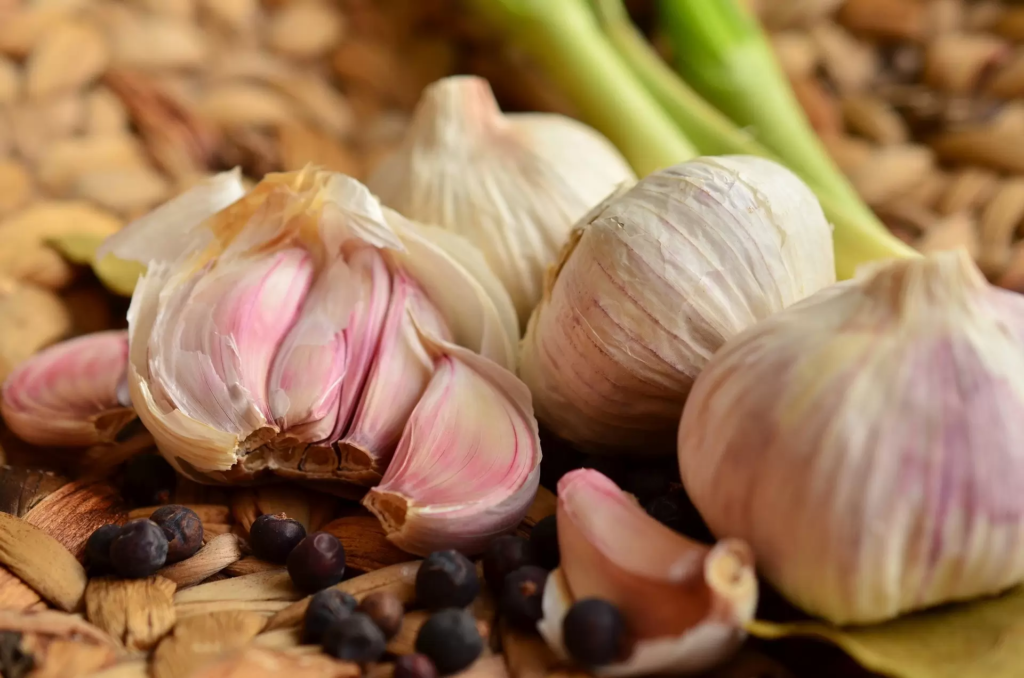
As we enter the quiet beauty of winter, our allotments become places of strength and growth, challenging the idea that gardens must rest in the cold months. In January, the soil invites us to rethink our connection with it, fostering a partnership that goes beyond seasons. By planting crops that withstand the cold and using practical tips, you’re not just gardening you’re collaborating with nature.
Imagine the colors in your winter garden, where hardy greens stand against the frost. Each leaf tells a story of resilience, enduring the winter and triumphing. The harvest from your January allotment isn’t just food; it’s proof of nature’s endurance and vitality.
Taking care of winter wonders like broccoli, cauliflower, root vegetables, and hearty greens turns your garden into a classroom. It teaches patience and deepens your connection with the rhythm of life. The frost kissed Brussels sprouts, the sweet winter roots, and the herbs thriving on your windowsill tell a story of resilience, proving that growth happens even in the quiet of winter.
And then there are perennial onions shallots and garlic standing as guardians. Their sturdy leaves signal not just changing seasons but the ongoing cycle of life. Harvesting their fragrant bulbs is a reward for your dedication, a tangible result of nurturing the earth even in winter’s stillness.
In this simple wrap-up, let’s celebrate not just the practical success of a winter allotment but the intangible victories the joy in planting, the resilience seen in frost-kissed leaves, and the satisfaction of coexisting with the land as it rests. Your January allotment is a testimony to the dance between the gardener and the garden, a dance that goes beyond seasons, speaking to the everlasting cycle of growth, rest, and renewal.
Happy winter planting, and may your allotment continue to be a place of growth, resilience, and endless wonder.

